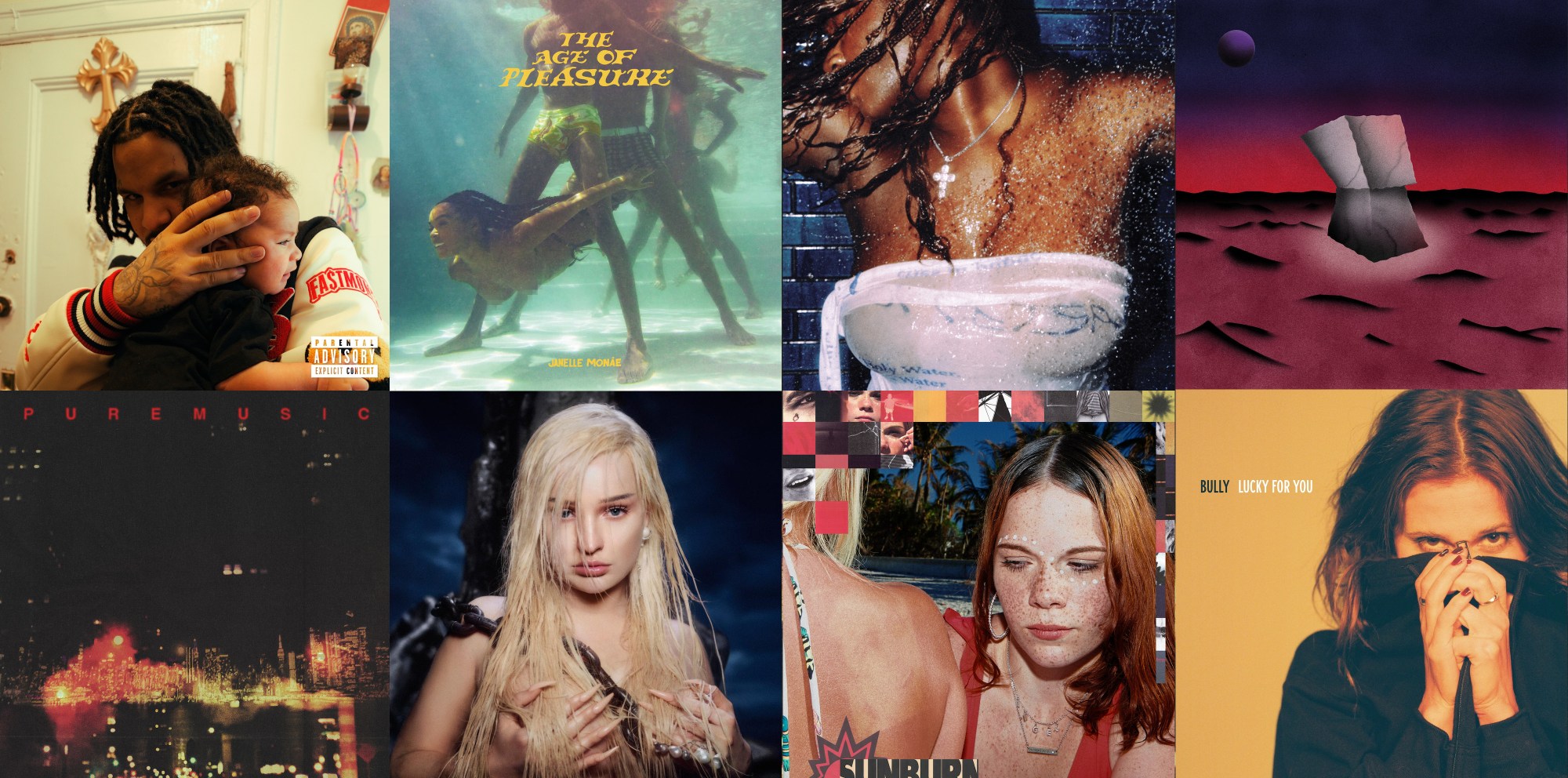Music has moved so far past the age of monoculture that you could ask a hundred people “What’s the song of the summer?” and get a different answer every time. And while consensus is always nice, what we have is a season lacking a single event album, but nonetheless filled with terrific new music that captures the glee of summertime connection — as well as some very effective counter programming for those of us who want to stay indoors, eagerly awaiting layering weather.
Long-awaited albums by Janelle Monáe and Kim Petras explore sexual liberation over varied sonic palettes, while acts like Amaarae and SHINee synthesize disparate genres into thrilling, unfamiliar work. On his fourth studio album, King Krule made an entrancing ode to liminal space, while Bully broadened their appeal without sanding the edges down too much. Regional rappers like Drego and Slayter also put together their best works to date, with mixtapes full of quotable bars and eclectic beats.
Whether summer is time to let your skin breathe and embrace bright swatches of color, or your all-black, long-sleeved uniform remains in daily rotation, this list of twelve excellent records should have something for you. And besides, we all know that Barbie: The Album is the real LP of the summer.
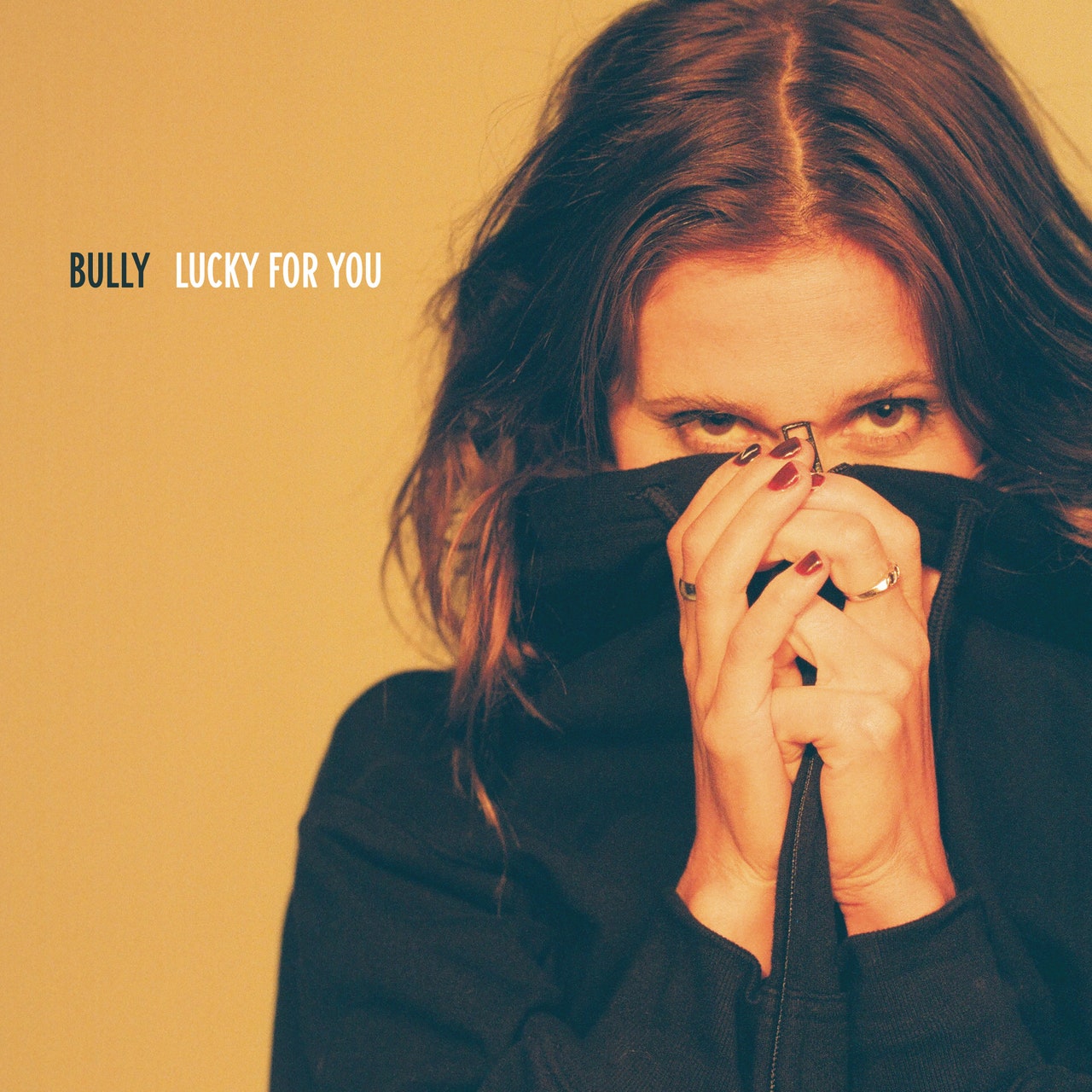
Bully, Lucky For You (2 June)
Capturing the DIY ethos of great punk and grunge in studio recordings is a deceptively hard task, and one that Bully’s Alicia Boganno, the band’s sole member and driving force behind the boards, in the booth and on stage, has mastered. Unsurprisingly, much has been made of Alicia’s decision to relinquish much of production control to JT Daly, the producer known mostly for his work with K. Flay, for Bully’s latest, Lucky For You. Part of what’s always made Bully special is Alicia’s total control over every facet of creation, including engineering and mixing. Lucky For You does feel a bit like a Sundance darling directing their first franchise movie. Still, it’s hard to call Bully’s fourth album watered-down when it features knife-to-the-gut lines like, “Few things are bleaker than / Impermanence when joy begins” and “Time’s just a useless measurement of pain / You can take all the time in the world, things won’t ever be the same.”
The album’s instrumentation feels a little more rounded, with fewer of the moments of quiet frustration that allows Bully’s songs to boil over on their hooks. But Alicia’s vocals and lyrics rarely feel hemmed in, as she mourns, celebrates, and seethes with one of the most expressive voices in rock music. When she slides from a falsetto to her natural range on the final hook of “A Wonderful Life,” the transition from vulnerability to resolution feels massive, even if the lyrics remain the same. Lucky For You’s themes around grief and perseverance are inspired largely by the death of her dog, though they can easily be grafted onto concepts around heartbreak, mental health and, rather evocatively, 21st century American life.
Alicia has been one of the preeminent razor-wits in the worlds of punk and indie rock for the last decade. Polishing the edges on an album like Lucky For You, which has the potential to spread Bully’s sound wider in the rock world, could never blunt that.
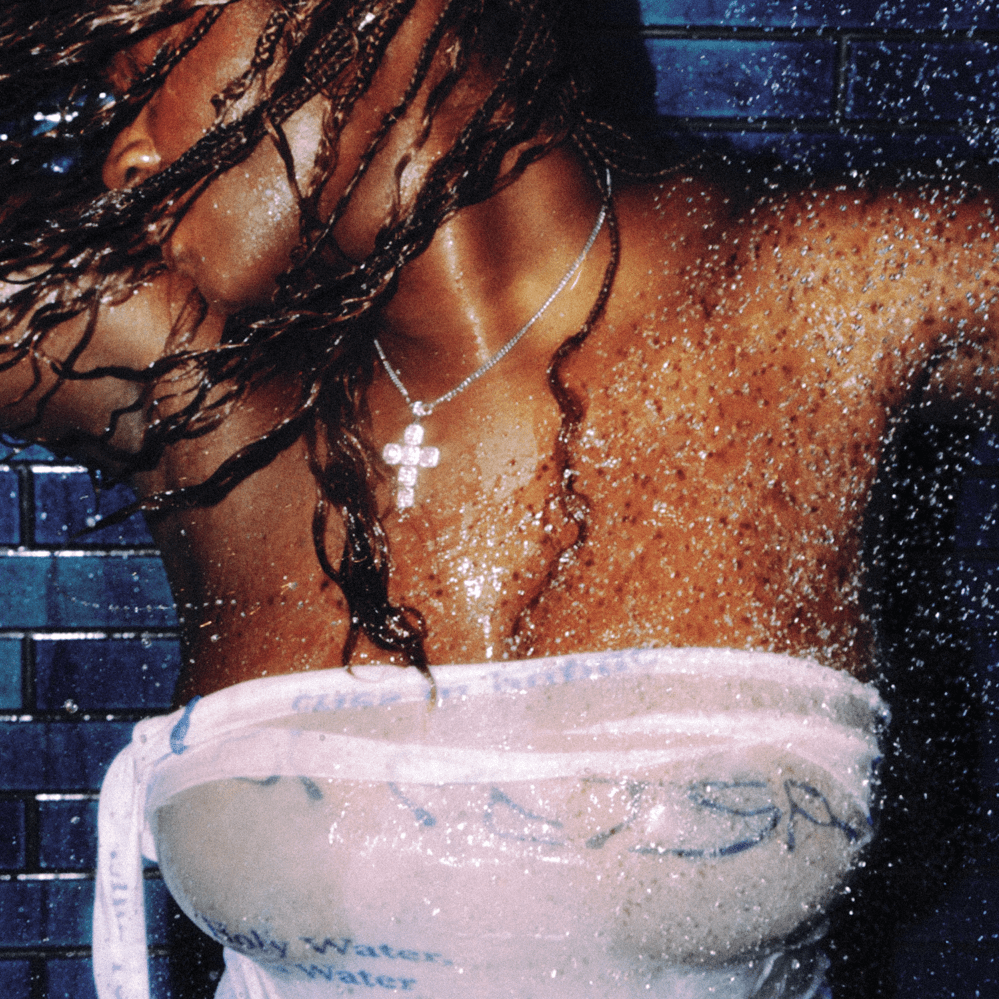
Amaarae, Fountain Baby (9 June)
It’s hard to talk about an album that covers as much ground as Fountain Baby without focusing on its influences. Much of the press Amaarae did around her acclaimed second album focused on what inspired her, from Red Hot Chili Peppers to Young Thug’s squeaky yelps to The Raincoats. But what makes Amaarae’s music feel so fresh is not simply how she combines existing ideas into new ideas, it’s what she brings to the equation herself.
A dozen people could listen to Fountain Baby and come away with entirely different ideas of what Amaarae’s base voice is. She sounds equally fluid as a cyberpunk version of a 00s popstar on “Princess Going Digital”, as she does growling through distortion on the punky “Sex, Violence, Suicide.” Much has been made of the duality of Amaarae’s upbringing, split largely between Ghana and Atlanta, but listening to Fountain Baby you get the sense that this is an artist with such a singular understanding of song-craft that she’d still be doing this if she grew up in a tristate suburb or the rural Midwest. Even lyrically, the album approaches sex, love and introspection with a rare kind of frankness that feels neither overthought nor underbaked.
“Sociopathic Dance Queen” has a new wave gallop that feels totally different than recent invitations of the genre by The Weeknd and others. “Counterfeit” uses the same sample as a Clipse classic and mixes it with the lavish theatricality of Gwen Stefani’s “Rich Girl.” Across Fountain Baby’s enveloping 40 minutes, Amaarae establishes herself as a genuine auteur.

King Krule, Space Heavy (9 June)
Perhaps our preeminent auditory Surrealist — the Man Ray of indie music? — King Krule’s songs feel at once familiar and alien. It’s hard to articulate exactly why his combination of slow-churning percussion, post-punk and jazz-flecked guitar and vocals, delivered in one of two modes (so casual as to seem disinterested, or barked with disquieting urgency) continues to be so unique, but his fourth album is another intriguing entry in his discography.
“Empty Stomach Space Cadet” is vintage Archy Marshall, from the puddles of reverb-drenched saxophones to grim lyrics delivered so casually in his baritone that their weight only hits you on the next line. “And if I die just throw me in the trash / Without you I’m not there / With all these things we’ve seen,” he says, not so much singing as he is trying not to be overheard. Bringing Raveena into his usually insular world pays major dividends, as her airy vocals rest buoyantly atop the steady low-end thump of Krule’s bass and drums on “Seagirl.” Lyrically, Space Heavy features some of Archy’s most gutting vignettes, from his relationship imploding in slow motion on “Tortoise of Independency” to the existential malaise captured on “Pink Shell” both elegantly (“I’ve spent / Many moons / Spilling my guts to many fools”) and crassly (“I have, been in your shell / I nailed your girlfriend”), the album features some of his most evocative songwriting.
King Krule has always married his tremendous musical knowledge with an enfant terrible nihilism, but as he’s grown both creatively and personally, he’s continually found new shades in the darkness. Space Heavy isn’t as murky as The Ooz or the underrated A New Place 2 Drown, and it points to a future that at least allows a few shades of dark gray into his noir world.
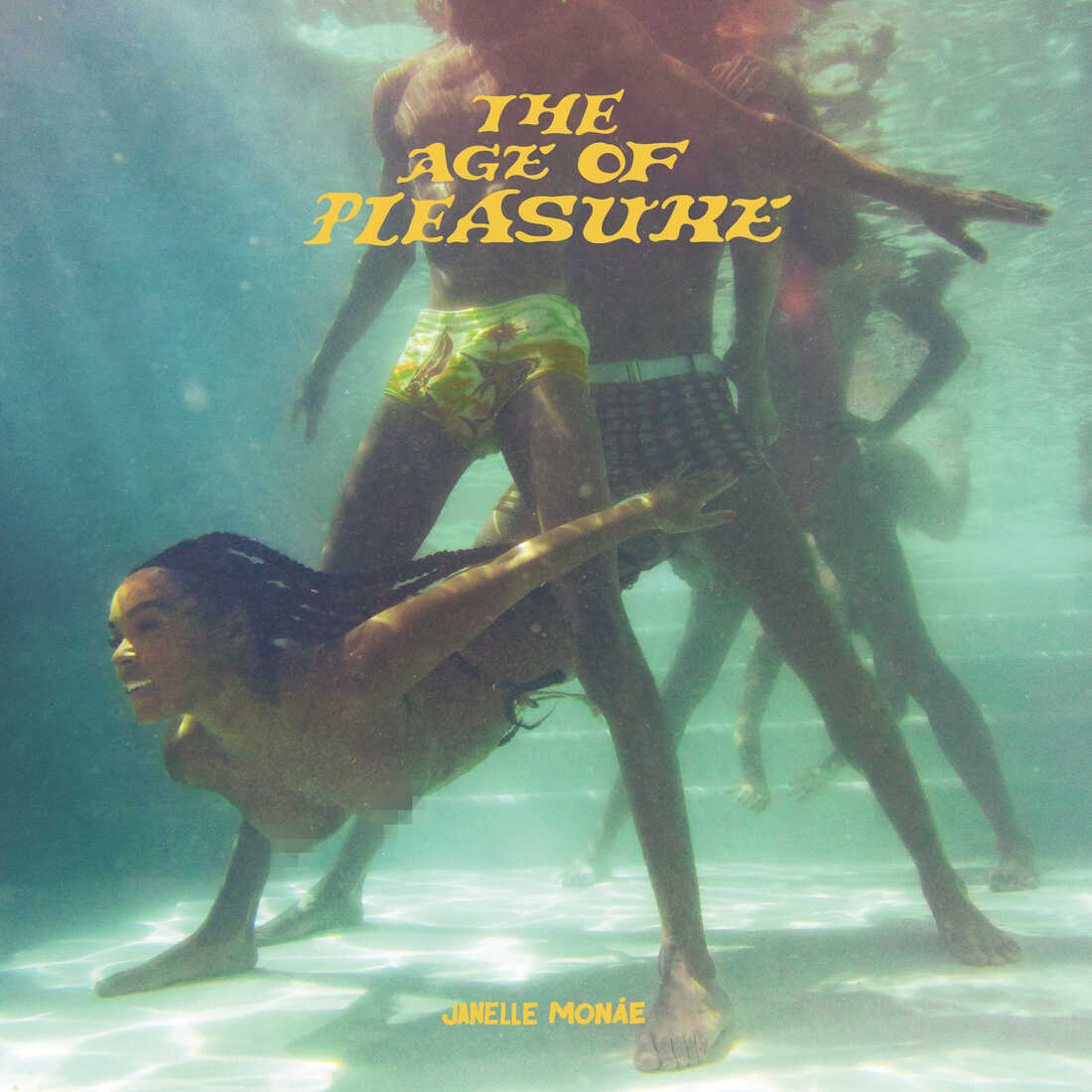
Janelle Monáe, The Age of Pleasure (9 June)
Factoring in her growing acting work and sartorial influence along with a musical career rich in both critical acclaim and commercial success, Janelle Monáe has clearly ascended to icon status. It’s been five years since her last LP, but at this point, Janelle could have just as easily kept fans waiting another half decade at least.
As its title suggests, The Age of Pleasure is a joy, not only because it explores the power of sex and love, but because Janelle is just having a fucking blast. She’s rapping with fervor on the album’s ebullient opener “Float” and carries that attitude into highlights like “Champagne Shit” and “Haute.” Janelle obviously has plenty to beat her chest about, but that’s never been at the forefront of her music like it is on Pleasure. Here, she’s flying out people of all genders, she’s bragging that her “face card don’t come with a limit,” and capturing the erotic electricity of her love life with a sense of intimacy and immediacy.
Not only is Age of Pleasure a thoroughly satisfying listen on its own, but it makes an intriguing companion piece with 2018’s Dirty Computer, as that record saw Janelle bucking against the restraints of society, and this one sees her revelling in the full scope of her identity.
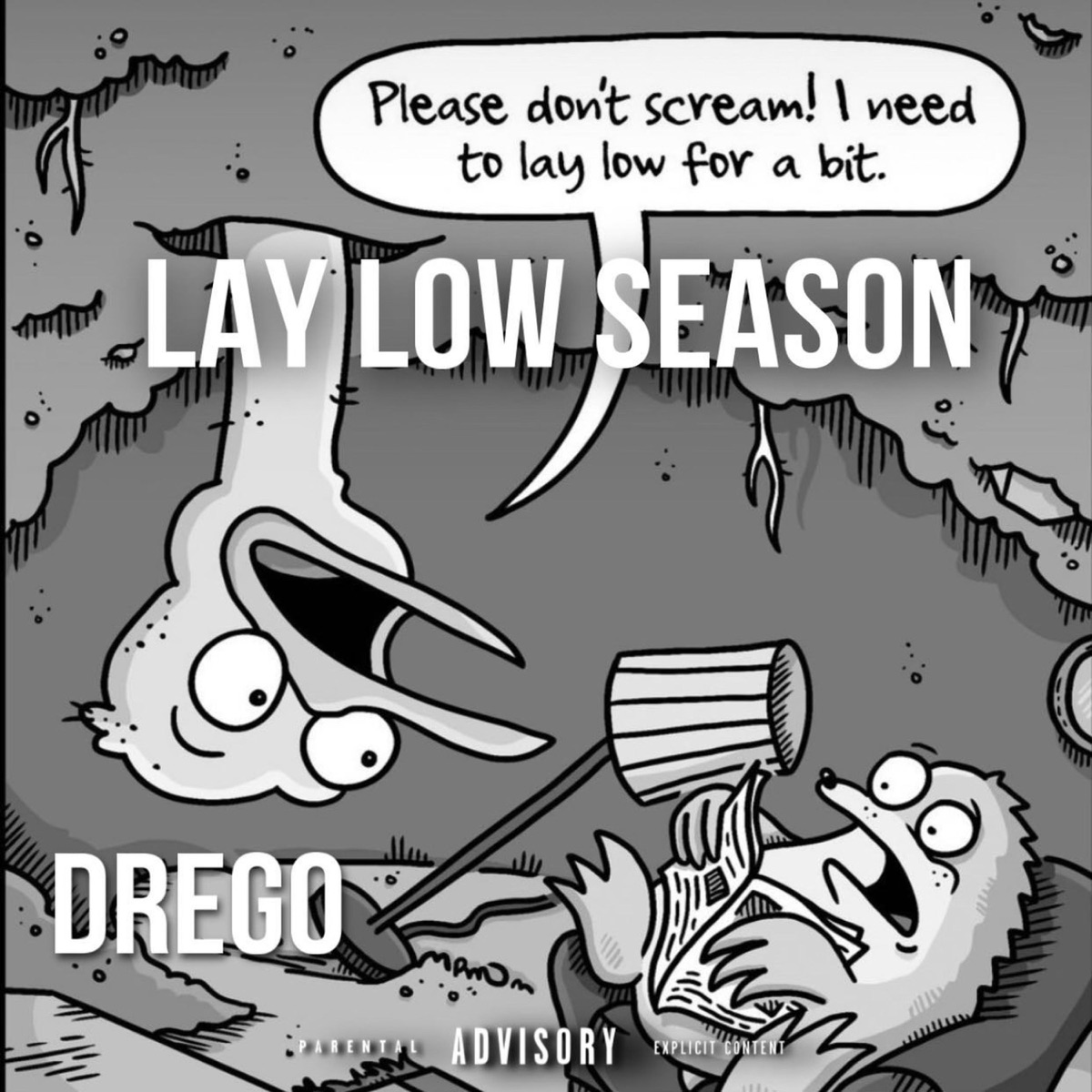
Drego, Lay Low Season (23 June)
Detroit rappers Drego and Beno had a perfect thing going as a duo, showcasing chemistry honed over a decade of friendship on songs that trafficked in humor and horror in equal measure. Beyond their seen-some-shit wizened voices, they have a connectivity and ability to play off each other that shows veteran savvy. As such, whenever one went solo, the songs would feel a little sparse. But that’s not the case on Lay Low Season, Drego’s latest mixtape and the best solo project from either rapper.
Drego is part of a booming crop of Michigan MCs who offer searing insults, vivid hustler’s tales and incisive self-analysis through their freeform songs, which often contain a single sprawling verse. One moment he’s chiding someone for never having masked up before Covid, the next he’s admitting he doesn’t trust himself with money; what sets Drego apart from his peers is that he’s a one-liner wizard, like a Gary Larson Far Side comic, he doesn’t need much wind-up to deliver a killer punchline. “Why I’m driving 10 and 2? ‘Cause the package on me,” he raps on “For Money”. “I ain’t embarrassed by this lean, I’ll pour it up in church”, on “263”.
It helps that Drego’s beat choices embrace the sillier side of Detroit rap, with twitchy drums and cheesy samples making sonic backdrops that could fit an 80s supervillain (there’s even an Eddie Murphy flip in here). Lay Low Season should serve as Drego’s solo calling card, proof that he’s an out-and-out star.

Kim Petras, Feed the Beast (23 June)
Compared to the Halloween-inspired Turn off the Light series or last year’s gloriously salacious Slut Pop, Kim Petras’ long-awaited “debut album” does prune some of the 30-year-old popstar’s quirks. But after the success of “Unholy,” Kim has shown she’s ready to go from opening up arena shows to headlining them, and Feed the Beast is filled with maximalism in both its production and Kim’s lustful lyrics.
She flips Alice Deejay’s late 90s staple “Better Off Alone” into “Alone,” a soaring collaboration with Nicki Minaj in which getting a prospective partner’s undivided attention feels as high-leverage as the ending of a Mission Impossible movie. “Revelations” is a neat slice of late era disco, as Kim belts over a burbling slap bass, but it smartly leans techno on a pre-hook that offers a satisfying change of pace. “Hit It From the Back” is raunchy as its title suggests, but Kim’s exploration of the emotional pain that can come from physical pleasure is well put and refreshingly frank.
The press material around Feed the Beast stressed that it would be Kim Petras’ most personal work to date, and that’s not exactly true, despite a few more confessional songs like “Minute” and “Claws.” The reality is that Kim doesn’t need to write teary ballads, since the days of “I Don’t Want It at All”, she’s been building a kind of fantasy world — her own Garden of Earthly Delights — and Feed the Beast is a worthwhile addition to that triptych, even if it shouldn’t be the center panel.
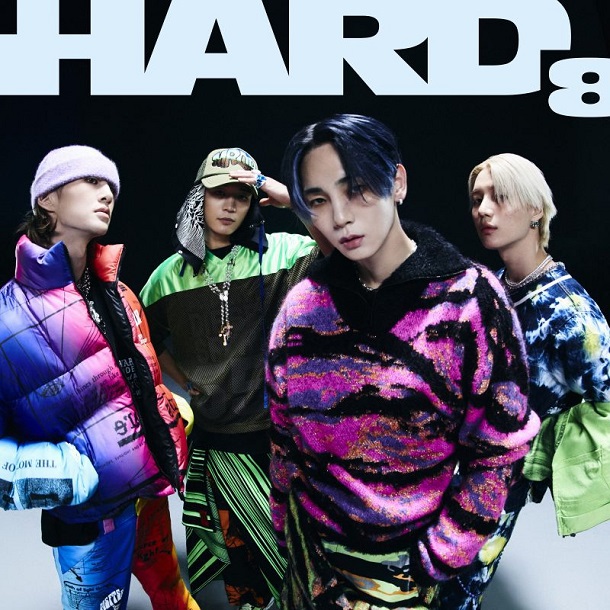
SHINee, Hard – The 8th Album (26 June)
Between hiatuses for military service, health issues affecting lead vocalist Onew and the tragic suicide of member Jonghyun in 2017, K-pop group SHINee has experienced unimaginable highs and lows in its landmark 15 years on the scene. In any pop subculture, staying relevant and, most of all, “cool,” is no easy task, but SHINee has carved out a sustainable niche with an emphasis on harmonies, musicality and finely-detailed production choc full of tonal switches.
All of their adversity means the joyful organized chaos of Hard, the group’s eighth studio album and first since 2021, takes on a sense of both poignance and catharsis. On their best songs, genres smash into one another like cars in a demolition derby, battling entertainingly for space in the same chorus, verse and even couplet. “Insomnia” evolves from fleet-footed rapping atop spacious percussion to a kind of rainy-night-at-the-jazz-club groove with lush guitars and heavenly harmonies. The title track brings in an array of rap influences, from 80s boom bap to Pharrell-inspired 00s minimalism, but the industrial boom is countered masterfully by a languid bridge featuring snaking vocals from Onew and Taemin.
As K-pop has spread globally, exciting young acts like NewJeans are continuing SHINee’s legacy by expanding the boundaries of what the music can sound like. With Hard, SHINee proves that despite its members’ struggles, the group isn’t done pushing them either.

Grouptherapy, I Was Mature For My Age, But I Was Still a Child (27 June)
The easy comparison point for Grouptherapy is Brockhampton, another group that eschews genre limitations and proudly discusses queerness and mental health in their music. But as with many easy comparisons, it’s more convenient than accurate, ignoring some of the best things about Grouptherapy’s output.
“Thatsmycheck” is a stylistic smorgasbord, with SWIM rapping quick, clipped Playboi Carti-ish syllables, while Jadagrace sings with the effortless swagger of The Internet’s Syd. “Nasty” has an early 00s Janet Jackson slink to it, with a sexy bass line and alluring interplay between SWIM and Jadagrace on the hook. But it’s TJOnline who steals the show with a verse that feels indebted to the contemporary crop of California MCs like Bluebucksclan and Shoreline Mafia.
I Was Mature also features several intriguing dalliances with dance music, from the Chicago footwork juke of “Peak” to the drum ‘n bass freneticism of “Hot!” to “Lightspeed”, which draws influence from voguing and New York ballroom culture. Elsewhere, “TrunkPoppers.com” Trojan horses SWIM’s incisive bars about violence and oppression in impoverished areas (“More n*ggas dead from flexin’ than from mesothelioma stats,” “Makin’ sure you paid the tax / If you haven’t passed the scratch, expect a swarm of armored cats”) by placing them atop the most luxe version of a lo-fi beat to chill/study to. And “Club Song :(“ may be unsubtle, but it effectively captures the wistful mood of a late night ending without all the dancing and drinking getting a certain person off your mind.
When listened to straight through, Grouptherapy’s latest can feel a little disjointed, but it’s rarely less than thrilling. In an era where artists try out different genres for cynical reasons — the chance of a crossover hit, broader streaming appeal — Grouptherapy does it with a boundless, the-world-is-our-sandbox enthusiasm.

LadyMonix, Welcome 2 My House (30 June)
LadyMonix was born and raised in one of the great dance music cities (Baltimore) and currently resides in another (Detroit). Those twin influences, and so much more, make her Welcome 2 My House EP a thrilling survey of many genres, as accessible to house newbies as it is to dancefloor-hardened veterans. There are the soaring diva vocal chops of “So Sweet” and “Desire,” itself a Baltimore staple, and then the spacey melodies of “In a Daze,” which are perforated by pounding snare and cacophonous hi-hats.
On each song, LadyMonix shows a mastery of space and minimalism, simulating the feeling of weaving your way through a smoke-filled club, intrigued by the looks and moves of those around you. It’s a testament to how dance music connects people, and that warmth makes LadyMonix’s House a place worth staying in.

Slayter, Block Baby 2 (30 June)
Even as hip hop has become a global enterprise, and the internet has made regional sounds more novel than fundamental, there’s still something singular about being a “New York rapper”. Hailing from Manhattan’s Inwood neighborhood, Slayter is an NYC rapper for the modern age, as capable of falsetto emotional missives over somber piano (“Mirror”) as he is menacing threats on drill beats (“Murder She Wrote”). When he gets on a snowy Timberlands-and-hoodie-weather beat like “Still Me 2,” he manages to sound comfortable. On “Shoot” he raps in hushed, villainous tones, with a sinister singsong cadence on the hook.
Slayter isn’t a galaxy brained lyricist or an acrobatic technical showman, but he’s never out of his element across Block Baby 2’s 17 tracks. He shows a different appeal than the young Brooklyn and Bronx-based vocalists he shares space with on the album, and being comfortable in any environment is a distinctly New York trait.
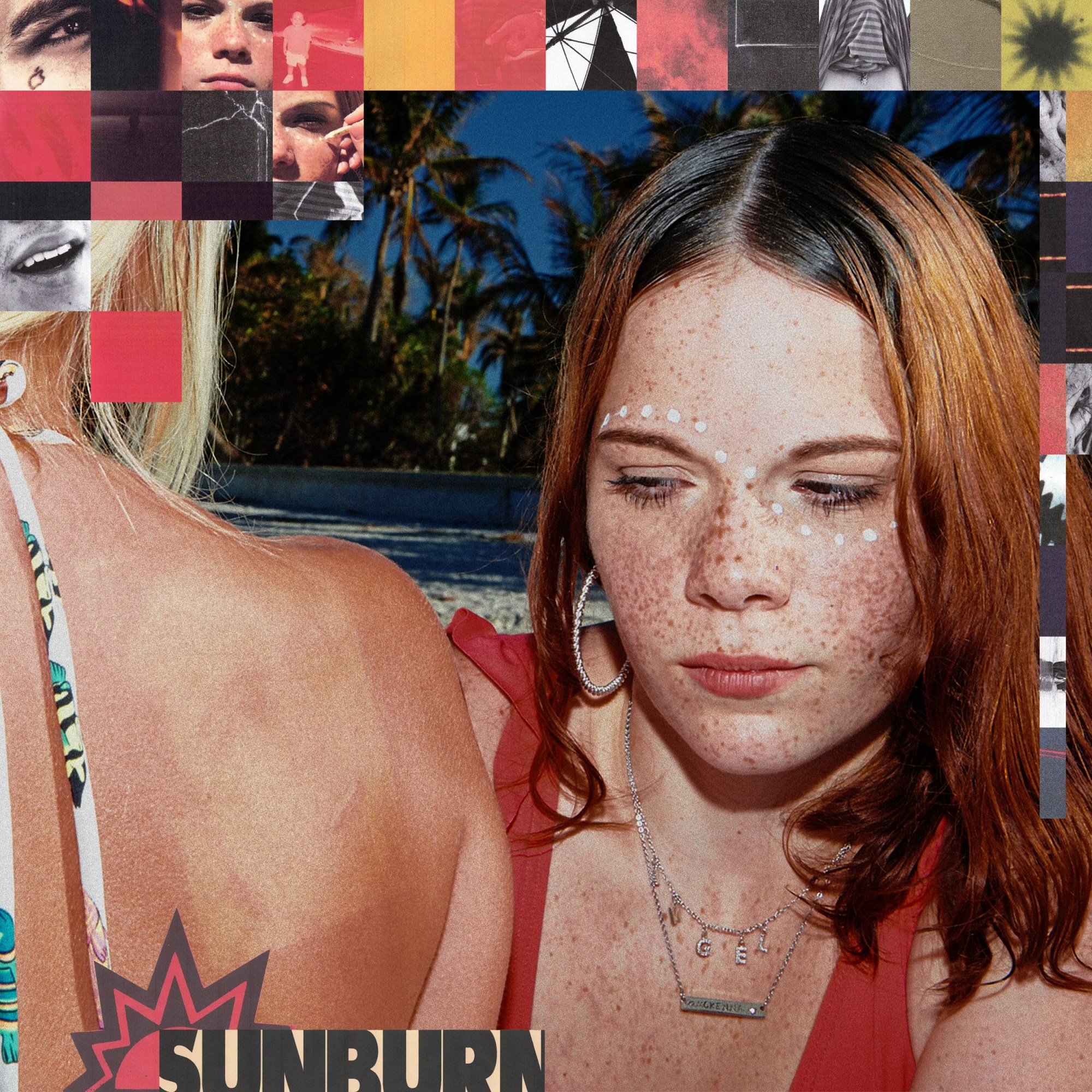
Dominic Fike, Sunburn (7 July)
The entire back of Dominic Fike’s right hand is covered with a tattoo of John Frusciante. That’s important, because the Floridian’s music often feels like Gen Z’s Red Hot Chili Peppers, even though Dominic himself is 27. It’s alternative music with a rap influence, and lyrics that can paint the vocalist either as a tender-hearted poet yearning for connection or a brash hotel-trashing rock star. Straddling that line is tough, it requires a willingness to come off a little corny, but Dominic bears that burden well here, more effectively than on his 2020 debut album.
Sunburn sees Dominic growing, particularly as a storyteller. “Ant Pile” is a vivid story of young lust with just the right amount of corniness. It’s more captivating than most of the romances Sam Levinson has baked into Euphoria. “Dark” is almost uncomfortably frank, as Dominic reflects on his 2020 rehab stint, the hubris that came with his rapid success and how bitter he became in the aftermath of a breakup (presumably, with actor Diana Silvers), all framed around intimate family details. “I felt a hole in my soul this evening / I thought it would be different after I left treatment / I stood up to a demon / Mama, you shoulda seen it,” he sings.
The single, “Dancing in the Courthouse”, is a perfect distillation of Dominic’s dual appeal. It’s a little bit Emma Chamberlain Levi’s commercial, a little bit fuck the police, with allusions to his past legal troubles, but it goes down just preposterously smoothly. The Red Hot Chili Peppers didn’t define critical music discourse in their heyday, but they’ve endured longer than nearly all of their peers who did. It’s not hard to see Dominic Fike doing the same.
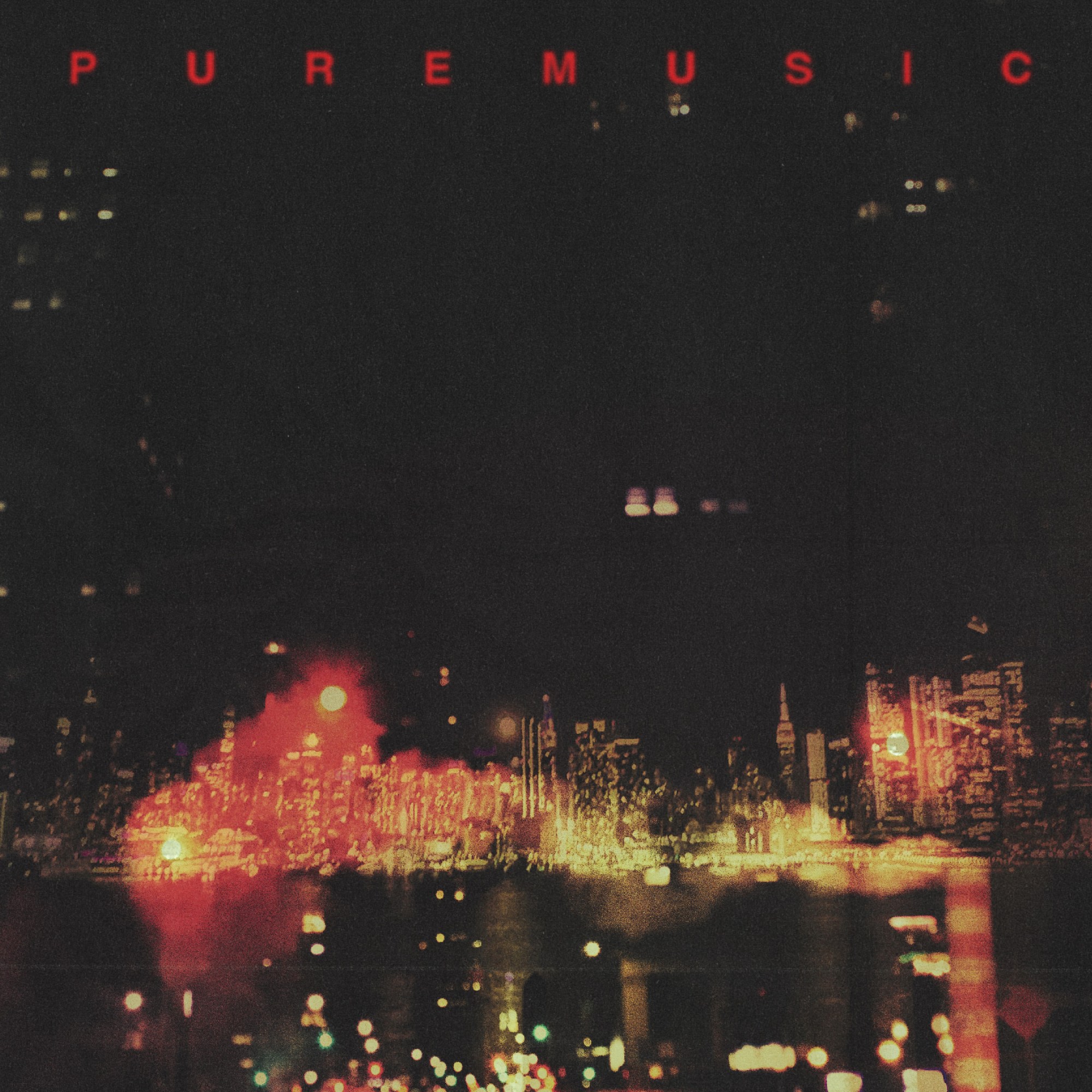
Strange Ranger, Pure Music (21 July)
Inspired by a Burial quote about the power of music to touch a listener the same way, whether they’re listening alone in headphones or hearing it blare live in an audience, Strange Ranger’s Pure Music is an intriguing blend of natural and inorganic sounds. Many of the Portland-bred, East Coast-based band’s songs would work perfectly well as blooming blasts of post-shoegaze, but it’s the electronic, retrofuturistic flourishes that elevate so many of their tracks.
At its core, “She’s on Fire” feels like Alanis Morissette by way of Slowdive, but it’s covered in tendrils of electronic disarray, from degraded vocals to pinging blips of synths. The layers of vocal harmonies and filters on “Way Out” give the chorus a Gregorian chant quality, while the warmth and calculated pace of “Dream” recall the best work of Caribou and The Range. The album’s best track is also its most ambitious, as “Ask Me About My Love Life” incorporates vocoder falsetto runs, Moroccan guitar tones, a glitch-heavy breakdown and breathy saxophones. It’s eclectic, but it works — all combining to make something that feels evocative of modern romance — where the age-old amorphousness of attraction strains to fit into the hard edges of phone screens.
